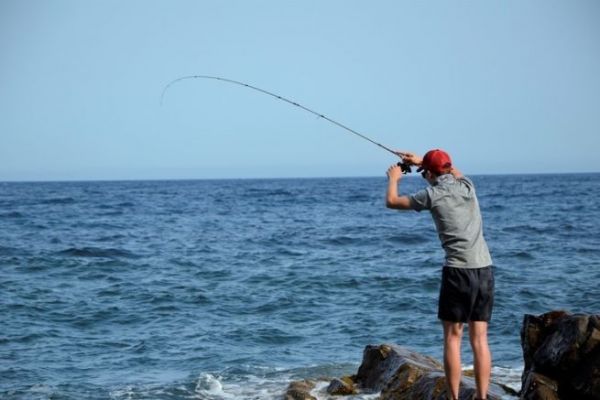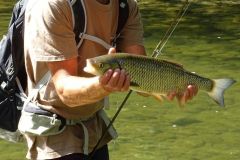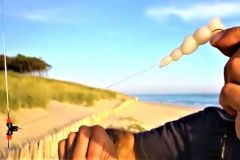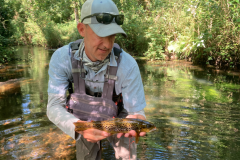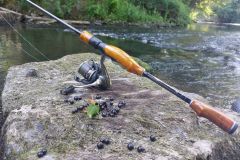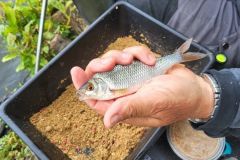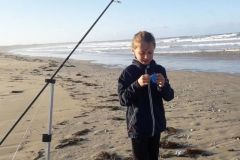Regulations and precautions in 2025
At sea, recreational fishing is governed by quotas, minimum sizes and blackout periods for certain key species such as sea bass and pollack. For example, in the Atlantic and English Channel, only a limited number of sea bass (1 to 2 per angler per day, depending on the zone) may be caught, with a minimum size to be respected (42-45 cm) and compulsory release periods.
In freshwater, fishing permits are compulsory, with specific opening periods for carnivorous fish (pike, zander) and salmonids (trout). Certain practices, such as the use of depth sounders or bait boats, are regulated in certain areas to protect spawning grounds.
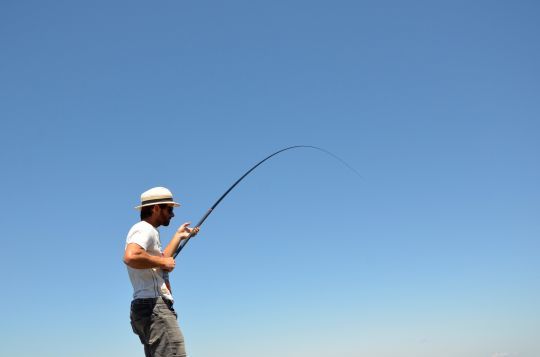
Tips for getting started and enjoying summer fishing
Whether you're fishing by the sea, beaches, harbours, rivers, fishing ponds, lakes or managed waters, the choice of location will determine the fishing techniques to be employed and the species of fish to be sought. Summer is a good time to fish early in the morning, in the evening or at night, to avoid the heat and make the most of the fish's activities.
Fishing tackle must also be adapted to the situation. A light or medium-weight rod and simple tackle (line, float, small lures or natural baits) will be easier to use for beginners. For sea fishing, light casting with lures or fresh bait is recommended. In freshwater, fishing with lures or livebait is preferable, depending on the species.
In summer, prefer finer, more discreet and faster fishing techniques (smaller lures, light lines, slow animation), as the heat and summer overfishing make fish wary and sometimes less active in the middle of the day.
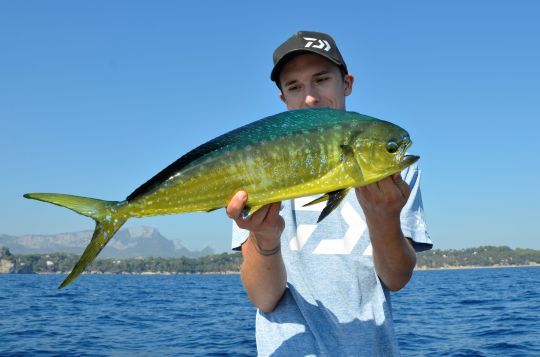
To accelerate your learning curve, don't hesitate to gather as much information as possible from federations, AAPPMAs or simply on the Internet. Taking part in events, courses or even fishing shows will enable you to discover techniques, comply with regulations and meet enthusiasts who will share their extensive knowledge with you.
Respect for nature: practice no-kill whenever possible, release oversized or unwanted catches, respect protected areas and closed seasons to respect nature and its immense playground as much as possible.
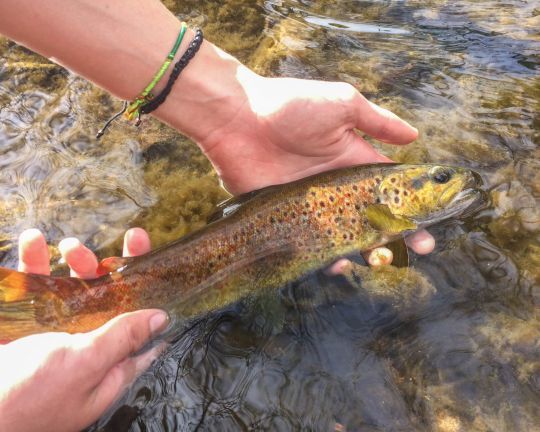
To discover summer fishing in France, you need to choose a suitable location, comply with the strict 2025 regulations (quotas, sizes, periods), use simple, suitable equipment, and take advantage of the activities and training offered to beginners. What's more, fishing responsibly ensures the long-term survival of this activity and the protection of aquatic environments.

 /
/ 